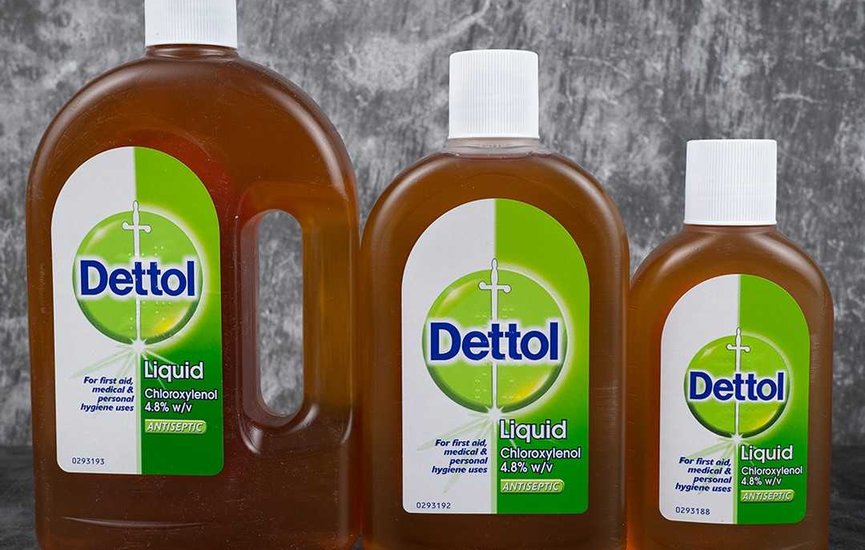Dettol, a leading hygiene and disinfection brand under Reckitt, marked Global Handwashing Day by launching Phase Two of the Dettol Hygiene Quest, a groundbreaking global education initiative aimed at teaching young children essential hygiene skills for life.
Targeting children aged 5 to 11 years, along with their teachers and families, the program promotes handwashing, sanitation, and germ awareness through engaging, curriculum-aligned activities.
In Uganda, Dettol has partnered with Chil Group (Chil AI Lab), a local health and hygiene innovation company, to implement the initiative. This collaboration merges Reckitt’s global expertise in hygiene education with Chil Group’s cutting-edge AI-driven health solutions, ensuring impactful and engaging lessons for children. Building on the success of the first phase, the second phase will expand to more schools across Uganda.
The program combines improved hygiene infrastructure—such as handwashing stations—with practical hygiene lessons. Teachers and students will receive guidebooks with detailed handwashing instructions and interactive materials to make hygiene a sustainable daily routine.
Bornface Shaka, Country Manager at Reckitt Uganda, highlighted the company’s commitment to ensuring that hygiene is a fundamental right for every child. "This phase is designed to reach more children, instilling healthy hygiene habits early in life. Dettol continues to support science-backed innovations that address the everyday hygiene needs of communities," Mr. Shaka said. Phase one of the initiative reached 750 schools across Uganda, resulting in the construction of 1,500 handwashing facilities, with separate stations for boys and girls in each school.
Dr. Shamin Nabuuma, Founder of Chil Group, emphasized that Phase Two will extend to districts including Lira, Gulu, Kampala, Isingiro, and Sironko, while introducing new digital tools to enhance teaching and monitoring. "Together with Reckitt, we have launched the Dettol Hygiene Chatbot, a digital assistant that helps teachers track student attendance, plan lessons, and monitor hygiene practices more effectively. It’s about making the teaching process smarter and more impactful," Dr. Nabuuma said.
Central to the project is the Keti Dettol Hygiene Quest chatbot, an AI-powered assistant accessible via WhatsApp and a mobile app. This chatbot helps teachers integrate hygiene topics like handwashing and menstrual health into their daily lesson plans. It offers creative suggestions, instant feedback, and performance scores, enabling teachers to improve while maintaining complete privacy. All identities and scores are encrypted, ensuring confidentiality.
The first phase reached over 1,500 schools, laying the groundwork for further expansion across East Africa. By integrating hygiene education with teacher training, community engagement, and interactive learning tools such as stories and games, Dettol is fostering long-lasting hygiene habits among children.
Florence Nambozo, Minister of State for Karamoja Affairs, praised the collaboration. "This partnership between government, development partners, and the private sector delivers inclusive, innovative, and scalable solutions," she said. "The Government of Uganda is committed to supporting initiatives that contribute directly to SDG 3 (Good Health and Well-being) and SDG 6 (Clean Water and Sanitation), ensuring that even the most remote schools benefit from this program."
Dettol’s Hygiene Quest is part of Reckitt’s broader global efforts to promote hygiene education, with similar initiatives in Nigeria in collaboration with the Wellbeing Foundation Africa.
According to a 2022 WHO/UNICEF report, 779 million people in Africa lack basic sanitation, while 839 million have no access to basic hygiene facilities.
This year’s Global Handwashing Day theme, “Be a Handwashing Hero,” highlights the life-saving power of soap. Through the Hygiene Quest, Dettol reaffirms its mission to promote hygiene education and build healthier, more resilient communities, one clean hand at a time.
